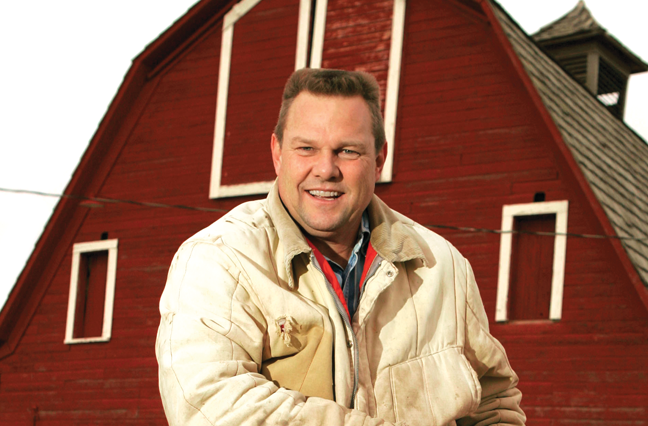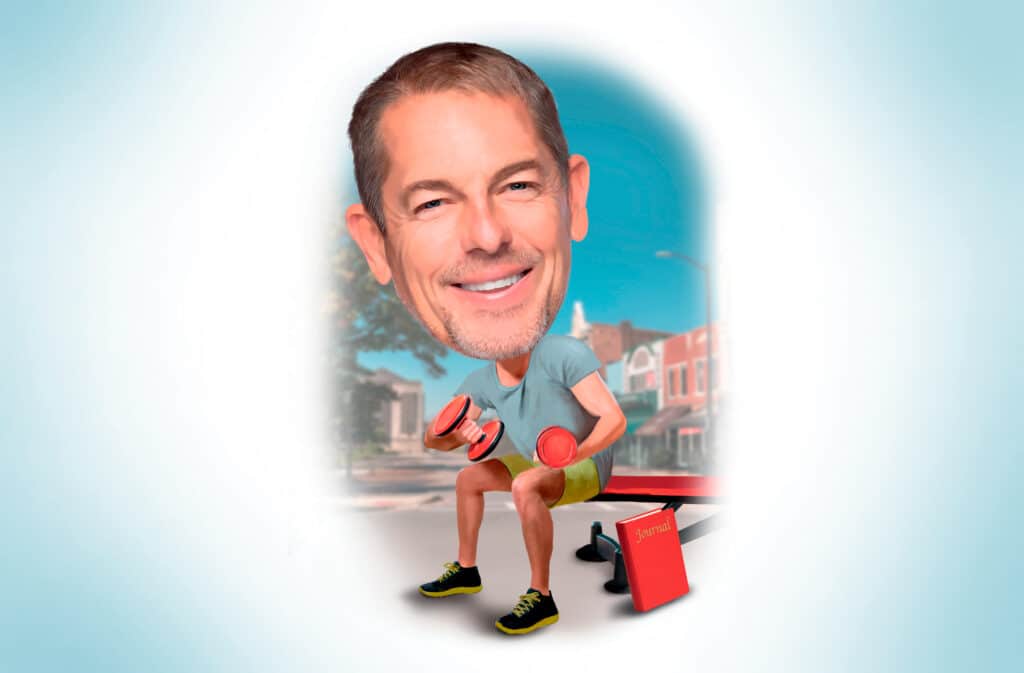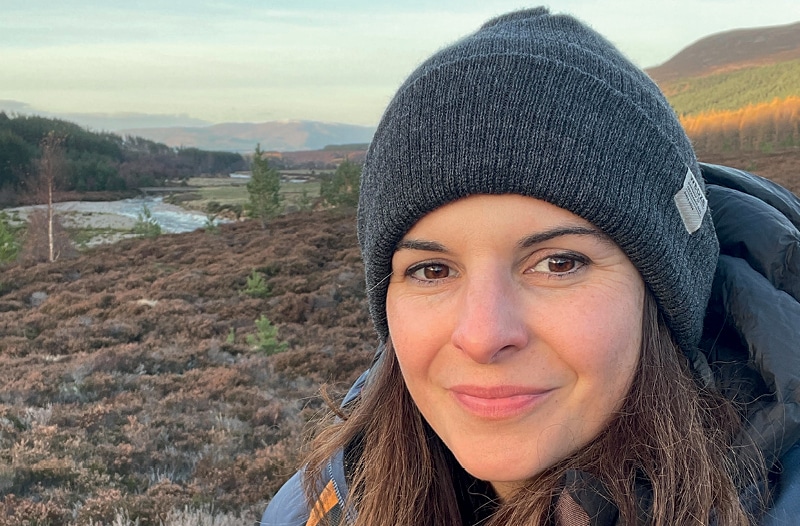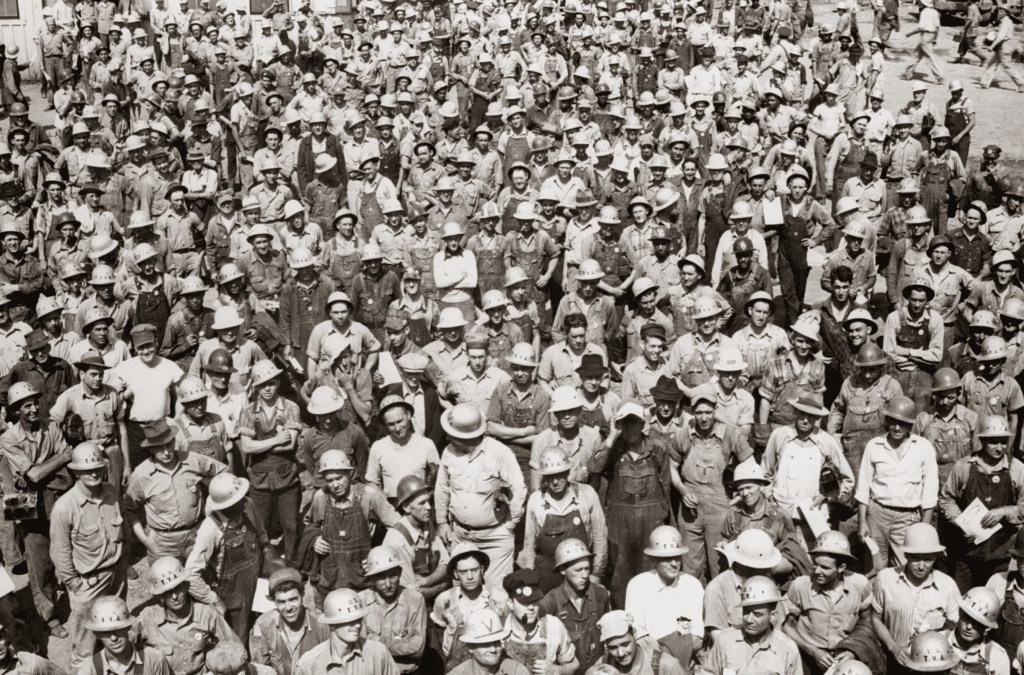
Jon Tester: A “Non” in a Chamber of Partisans

Jon Tester was elected to the U.S. Senate in 2006 in a wave election. A Democrat, he ousted a three-term incumbent and brought a pragmatic approach to legislating that he developed in the Montana state Senate. His efforts in his first term to buck Washington partisanship and work with members of both parties earned him the reputation as a sensible moderate and responsible legislator. He was reelected in 2012. Tester is chairman of the Securities, Insurance and Investment Subcommittee of the Senate Banking Committee, which has jurisdiction over insurance-related issues in the Senate. It would be difficult to find a better friend serving that role. Tester led the fight to reauthorize the National Flood Insurance Program and institute sorely needed reforms that offer market-based solutions and lead the program toward stable financial footing, a long-term Council goal. But more importantly, Tester is leading the battle to institute a national broker-licensing regime that our industry has sought for decades. Because of his efforts, we are the closest we have ever been to having the National Association of Registered Agents and Brokers signed into law. It is his sensible, pragmatic approach to legislating that guides him daily and has earned him respect from both sides of the aisle. CouncilPAC is proud to have contributed the maximum allowed by law to his 2012 reelection. —Joel Wood, Senior Vice President, Government Affairs, The Council
What has been your greatest accomplishment in Congress thus far?
In 2012, I championed and helped pass a long-term reauthorization of the National Flood Insurance Program. For years, we had too many short-term flood insurance extensions that failed to provide homeowners with the certainty they need in the face of flood risk. Now, homeowners know exactly where they stand and can take responsible measures to protect themselves from flood. The bill also took important steps to more closely align risks with premiums and protect taxpayers. I’m also proud of my bill to increase consumers’ insurance market options while reducing insurance costs. My bill, the National Association of Registered Agents and Brokers Act of 2013, will expand the insurance market and is expected to lower prices through increased competition because insurance brokers can more easily register across state lines.
What is an interesting fact about your district/state?
Montanans possess a strong conservation ethic. Many of our farmers, ranchers and outdoorsmen and -women take pride in preserving our treasured lands and waters. Many Montana families have worked or enjoyed our lands for years and want to make sure their kids and grandkids have the same experiences. We are also home to Glacier National Park and Yellowstone National Park. Taking care of these world-famous parks not only preserves them for future generations, but it also keeps our $6 billion outdoor economy strong. Glacier National Park is home to Triple Divide Peak, one of the few places on Earth where water flows into three different watersheds. A raindrop that falls by the peak can flow into the Pacific Ocean, the Atlantic Ocean, or the Hudson Bay.
When you were a child, you lost three of your fingers in a meat grinder. How did that change your life?
Losing my fingers taught me how to work with and be careful around farm equipment. It was a lesson in responsibility that I keep with me on my farm today, as well as in the Senate. It also taught me that we can overcome anything. This past December I met a first-grader down in southwest Montana who was missing three fingers as well. He was being picked on in school and wondering how his missing fingers would affect the rest of this life. I told him that his hand doesn’t change where life will take him if he works hard. That’s been my experience. If we give our kids the confidence and resources they need to succeed, something like a few missing fingers won’t stand in their way.
You graduated with a B.S. in music, worked as a farmer, and volunteered on a local school board. How did these experiences affect your career?
I taught elementary music. I loved playing the trumpet growing up and my parents encouraged me to get a college degree in something that would diversify me as a person. With agriculture being my first love, music helped broaden my horizons. My degree gave me a backup plan in case the farm went belly-up. Serving on our local school board taught me the importance of local control of government and of folks working together to assure kids have a foundation for success. There are few more important decisions we make in life than those affecting our kids.
What drove you to transition to organic farming?
My wife Sharla and I switched over to organics in the 1980s to take better care of our land and our health. Organic farming also added value to our crops because organic crops bring higher prices than conventional crops. It was the right decision for us and, looking back, I’m glad we made the switch. More generally, farming keeps me in touch with the land. That sounds very cliché, but it’s true. I do some of my best thinking on the tractor planting or while harvesting my crop. Working the land, I also see firsthand how climate change is affecting the way folks in Montana make a living. We must take responsible steps to address climate change so we can pass our way of life down to our kids and grandkids. Whether you’re a farmer or an insurance broker, we need to keep our eye on the future and always be looking down the road.




